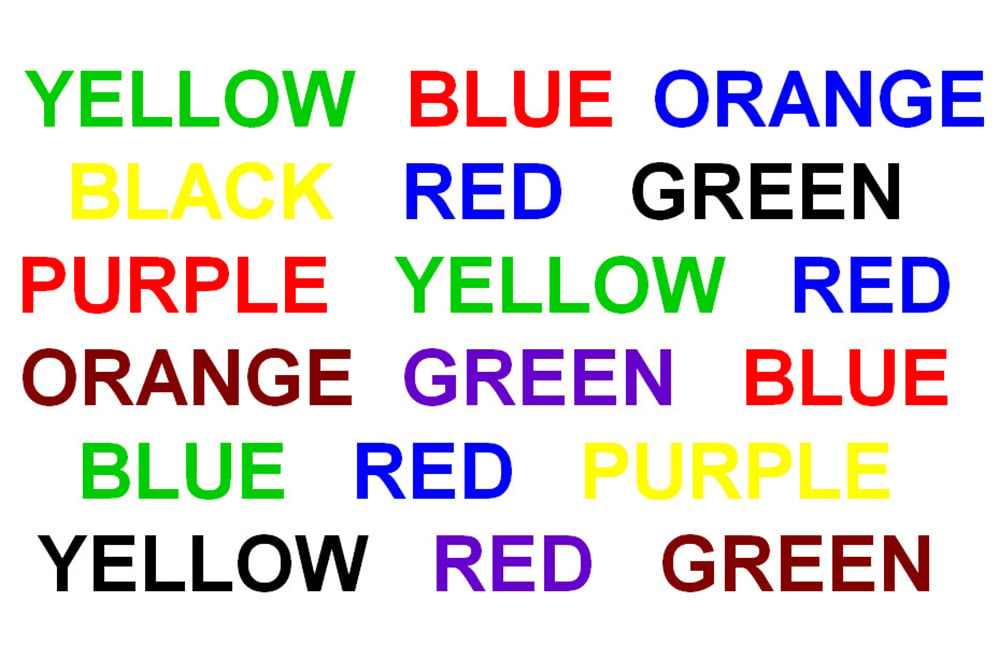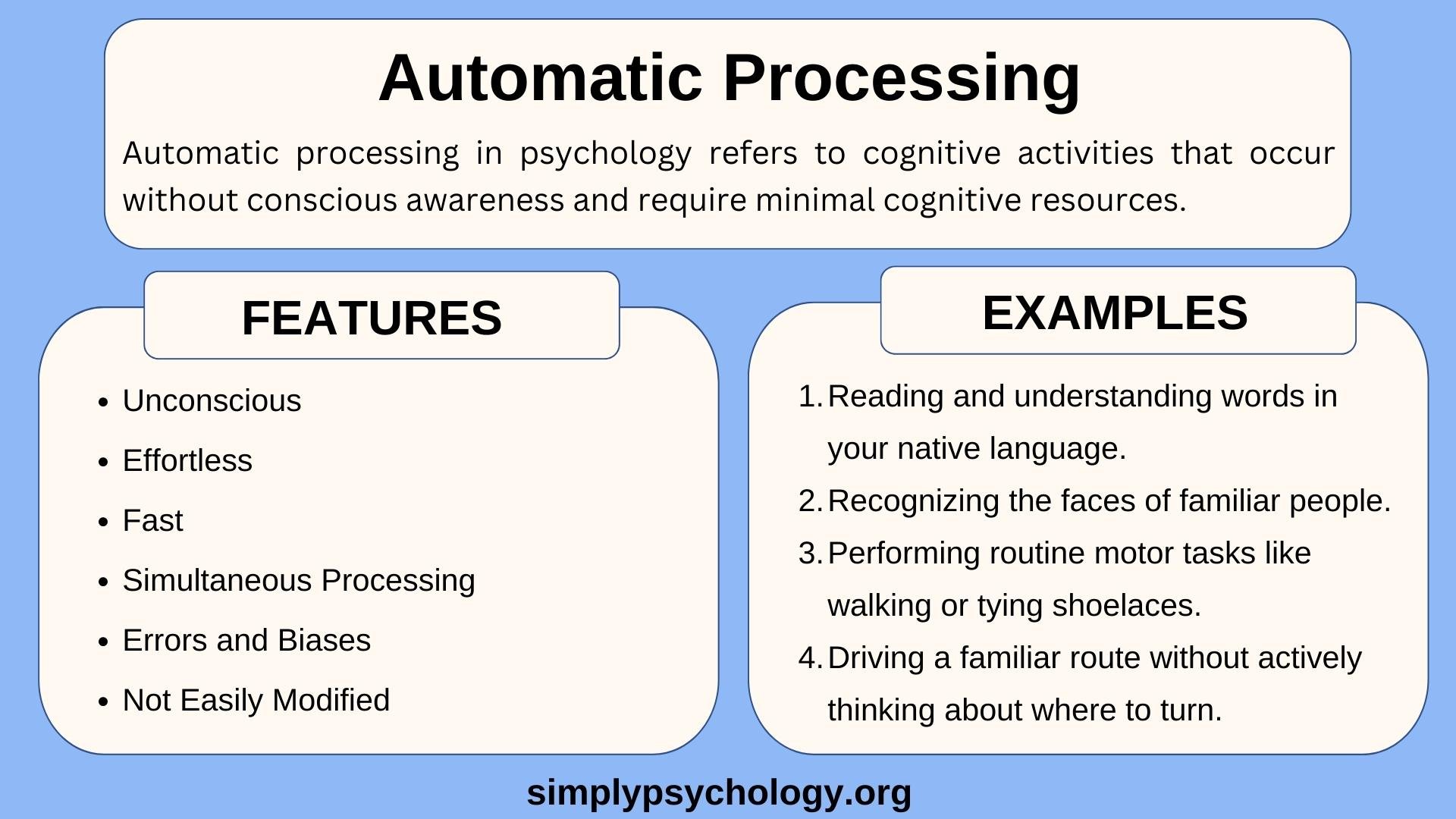Implicit vs. Explicit Memory In Psychology
Implicit memory is unconscious recall, like skills and habits (e.g., riding a bike), while explicit memory is conscious recall of facts and events (e.g., remembering a birthday). Both are vital components of long-term memory, with implicit being more about "knowing how" and explicit about "knowing that."| Simply Psychology



